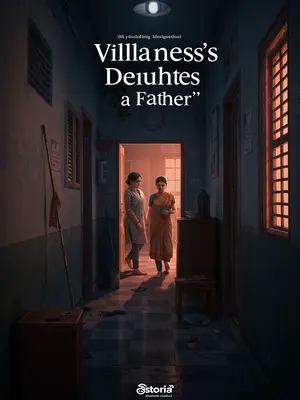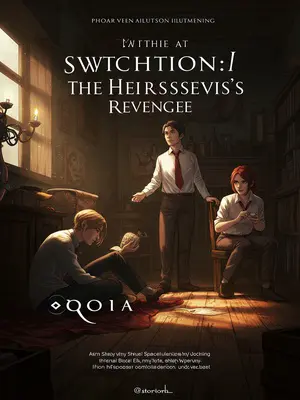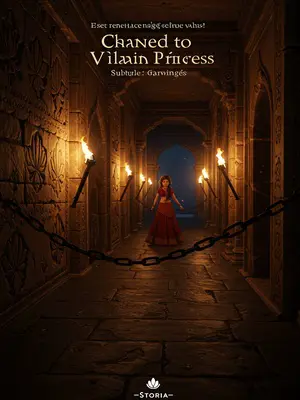Chapter 2: Born Under a Shadow
When my mother gave birth to me, the entire previous generation and joint family waited with bated breath:
Half hoped I’d be a boy, half hoped I’d be a girl.
The rest—those snakes—weren’t even human; they just hoped I’d die.
I was my father’s only hope. One day, he injured himself playing cricket—damaged his backbone, as they said—so there would be no more children.
The elders dredged up old, rigid customs, demanding he adopt my cousin from my uncle’s house—a boy as dull as a broken radio.
Just as my father was in despair, the news of my mother’s pregnancy arrived, saving him like a divine blessing.
All eyes turned to my mother’s belly.
She’d only been a minor daughter-in-law, but overnight she became the centre of attention.
The family matriarch herself came to care for her, posted helpers at her room, and personally inquired about everything she ate, used, and everyone she met.
Eight months later, I was born with a lusty cry.
In the birthing room, my mother, the midwife, and the matriarch all fell silent.
The matriarch spoke first: "I recall the maid’s son was born just ten days ago."
She emphasised the word "son." Then, with the edge of her dupatta, she dabbed her forehead, eyes sharp as the knife she used to slice mangoes for the family.
My mother raised her tearful eyes, trembling: "Maji, my daughter’s life is a life, too."
The matriarch paused, then realized my mother’s fear. "What are you thinking?"
She borrowed the maid’s son and paraded him before the elders and my father. My father was overjoyed; my uncle’s scheme fell apart, and he nearly twisted his mouth in anger.
Fortunately, all those people were men.
A ten-day-old baby and a newborn are easy to tell apart, but sometimes men’s eyes are truly blind.
If only there had been a single female family elder—
Then there would’ve been no need to hide that I was a girl.
Afterwards, the matriarch returned the baby to the maid.
She picked me up and looked at my mother with resolve. "Sunita, from now on, only you, I, and your personal maids will know the truth."
My mother’s mind hadn’t quite caught up, but she understood she was now tied to the matriarch’s fate, so she nodded even more firmly.
From then on, I was the only son, Jayant. I could recognise a hundred letters by age three, write essays by five, and was named heir at eight.
I was gifted, diligent, and self-disciplined, my noble character easing my father’s regret over having no other heirs.
The family tutors praised me in unison; my respect for teachers and reverence for learning gave them immense satisfaction.
Life was smooth—until one day, several noble boys of similar age were summoned to the matriarch’s room.
The leader was Kabir, from the Colonel Singh’s family.
They saluted respectfully, then withdrew from the hall.
I slipped out the back and overheard their whispers:
"There are so many myna nests in the old banyan at the park—let’s go get one!"
In the old haveli, news travelled faster than the breeze through the neem trees. Servants lingered in the courtyard, pretending to dust but listening with wide ears. The matriarch’s word was law; her silence, a weapon. On that day, when the boys touched their fingertips to their foreheads in a traditional pranaam and left, a wave of anticipation rippled through the household. The scent of rose attar lingered in the corridors as I followed, my bare feet silent on the cool stone. No one noticed the flicker of mischief in my eyes.













